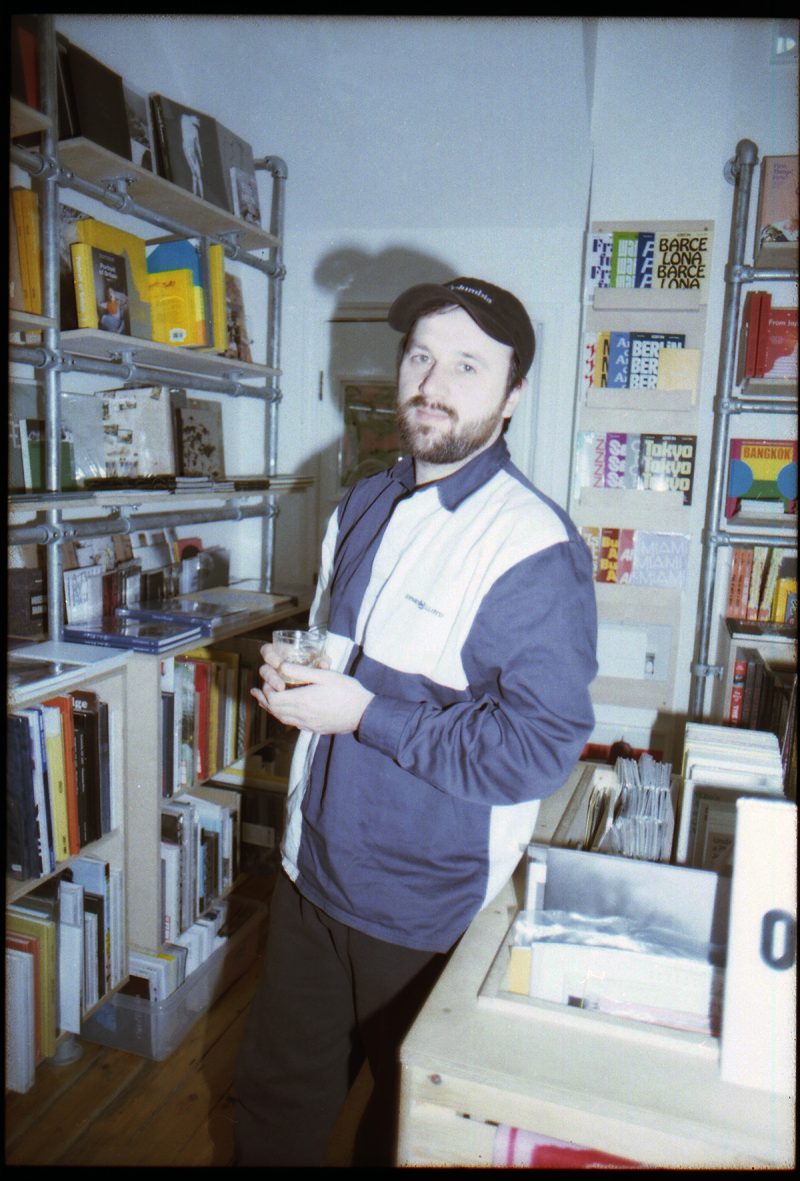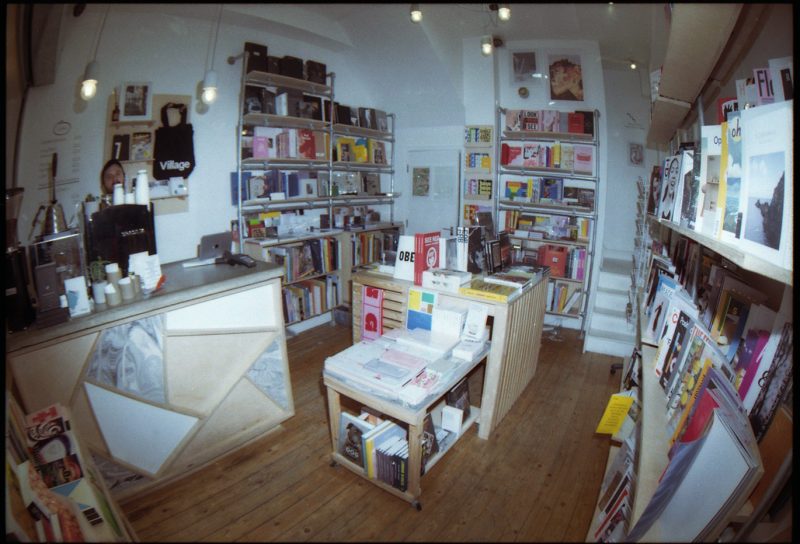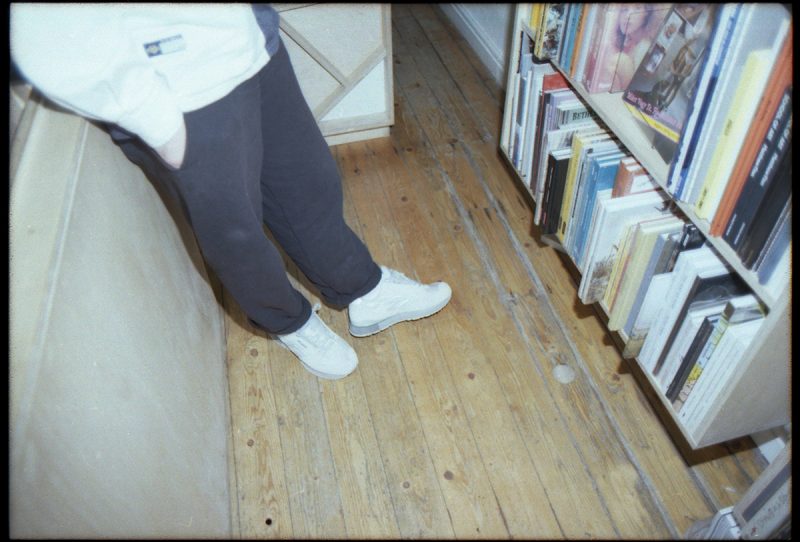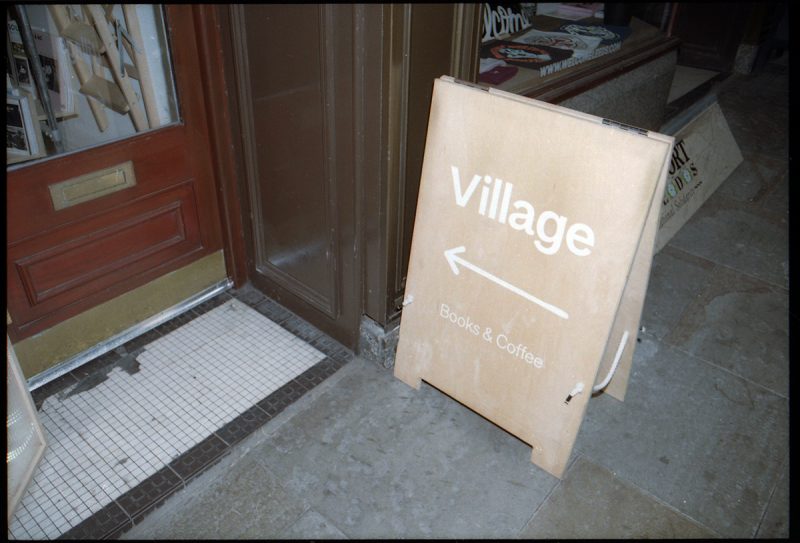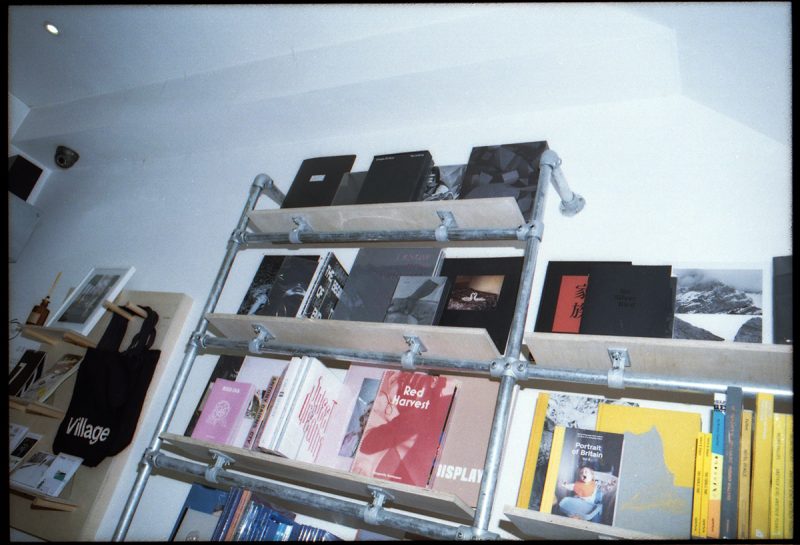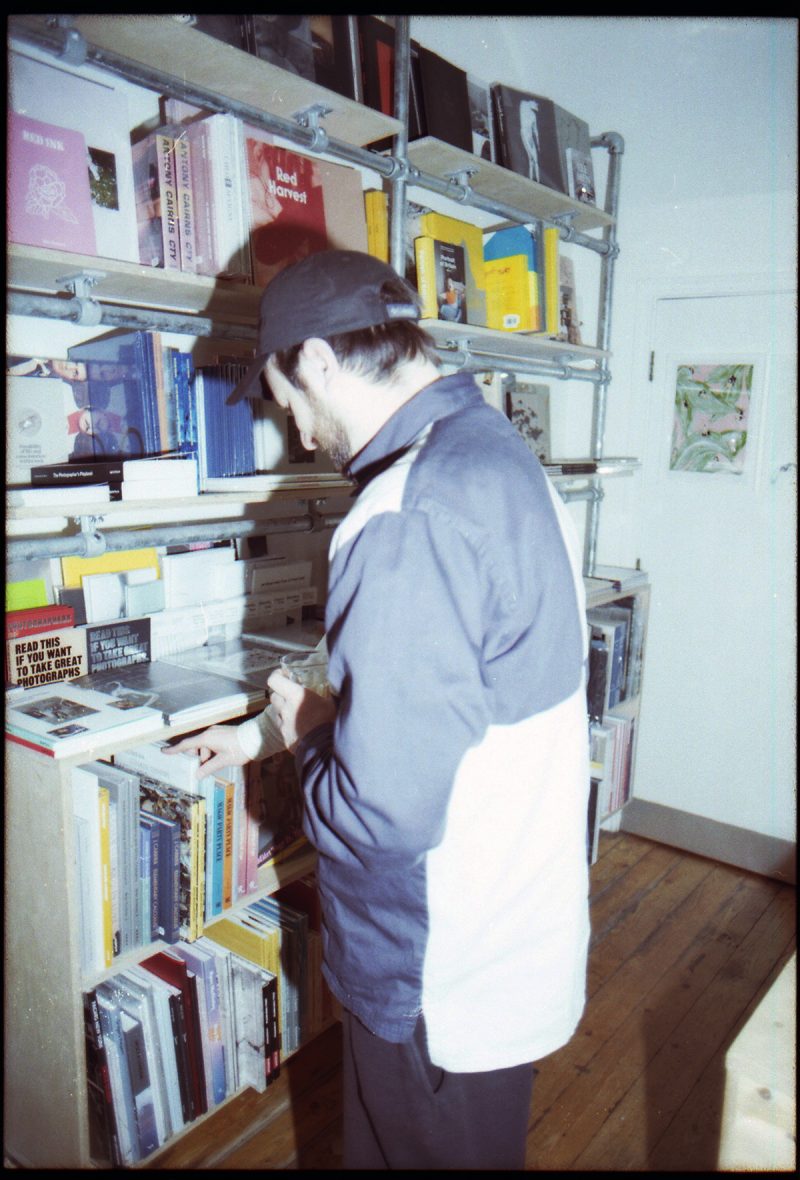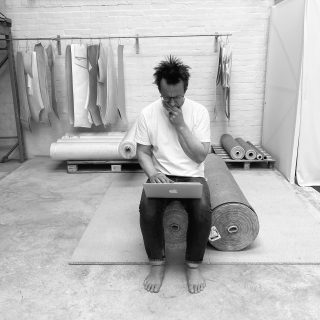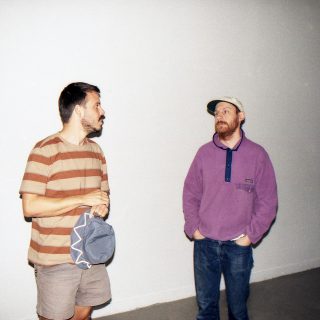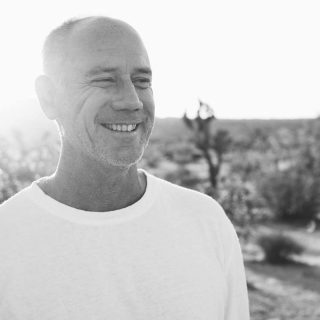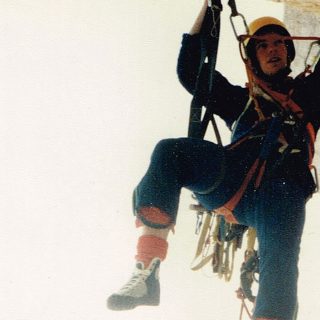An Interview with Joe Torr – Co-Founder of Village Books
We caught up with Joe Torr, co-founder of Leeds-based independent book and zine store, Village Books.
In the first of a series of conversations with interesting people with a story to tell, here’s an interview with Joe Torr, the co-founder of Village Books.
Established back in 2012, Village is an independent book shop and gallery in Leeds which stocks a well-honed selection of magazines, self-published zines and art books.
With more and more publications cropping up out of the ashes of the supposed ‘death of print,’ this place functions as a quality control centre, separating the wheat from the chaff, whilst in turn giving a platform for artists and publishers doing interesting things on paper.
We talked with Joe about the early days of the shop, the inspirations behind it, and the current climate for the printed page…
Maybe an obvious starting question here, but how did Village Books start?
Me, Ben and my friend Jack had met through university, and we had a loose idea we wanted to do something together. There wasn’t really much going on up here at that time, and we were all tired of having to go down to London to actually physically see photo-books, or just to turn up to an event.
When was this?
I think this would have been in 2011. Eventually Jack moved back to London, but me and Ben decided to carry on and open the shop. We’d done zine fairs and book fairs to gauge what the crowd was like, and we decided to take the next step and open a shop.
How did you do that? I imagine opening a shop a bit of a leap for a few lads in their early 20s.
Basically we just used our friends to beg, borrow and steal. I had a friend who worked at Urban Outfitters building all their furniture, so we asked him if he’d be willing to build it for free if we bought the materials—it was that thing of everyone being young, and keen to help each other up.
We finally opened on the 20th of December 2012, with just four days build up until Christmas. So our first Christmas wasn’t exactly brilliant… and then we hit January. The first year was pretty tough—in fact, the first few years were pretty tough—but that first one was particularly hard. Ben was still working part time at American Apparel, and I was in the shop full time, and there’d be days when I wouldn’t see anybody.
But then we’d do an event and it’d be busy, and I’d think, “Oh, this is why we’re doing this.” There were people interested in what we were doing, we just had to give them a reason to come.
Subscribe to our newsletter
Were there any other shops that helped influence Village? At that time it wasn’t like there were many places selling things like niche art books and zines in the north of England.
I’d seen a short documentary on a shop called Family in LA, and I thought it was incredible. I thought, “Why is no one doing this in Leeds?”
There was a little zine shop ran by a girl called Zoe in the Merrion Market here, but it’d maybe be open one day a week, if that, as she was working full time for a gallery as well—it was just difficult to access it. Village was almost started out of frustration—a case of ‘I want to see this, so I’m going to have to do it’.
“For the first few years of the shop I was living on working tax credits and football bets.”
The creative industry in Leeds isn’t exactly big, but there are three or four universities here, which means there’s not enough jobs here when you come out of university. You’ve basically got to start your own thing and learn to live on nothing, or move to London.
So you learnt to live on nothing then?
Yeah… I still do. For the first few years of the shop I was living on working tax credits and football bets, but at that time I couldn’t find a job anywhere else, so there was that sense of ‘what is there to lose?’
Back at that time I remember going to zine fairs, and there’d always be one or two decent stalls… maybe Café Royal (a Southport-based publisher who focuses on documentary photography) or Preston is My Paris (a Preston-based publisher which also focused mainly on documentary photography), and then there’d be loads of stalls selling little greetings cards with illustrated owls on or something. It would be a strange mix.
That’s exactly it. We knew there was all this really good stuff out there, amongst the shit—and we wanted to get rid of the twee nonsense. You’d go to a book fair, and there’d be all this art made out of a book—like paper folded in a concertina or something. But we could see that amongst all this, there were some good bits there… we just had to find a few more bits.
The Preston is My Paris zines were one of the first things we started stocking, along with Café Royal. And people seemed to be really interested in both of them—people were interested in Northern artists, and publishers doing interesting things.
At first we sold zines, and then self-published photo-books. A lot of the photo-books that shops were selling would be retrospective, ‘best-of’ type books, but I wanted to get into these artists and see what they did. I wanted to see a body of work.
Who were the customers back then? Was there a specific type of person coming in?
I still can’t tell you who our customer is or what they’ll be into. Sometimes when someone comes in I’ll have a vision of what they might buy, but most of the time they surprise me. We have everyone from students who will come in for inspiration, to lecturers looking at their peers’ work, up to Leeds locals coming off the street.
A lot of people are into the history of an area—so for example the books made by Peter Mitchell, who took a lot of photos around Leeds, are always amongst our best-sellers. He made a book about Quarry Hill Flats at the bottom of Leeds, and people really love that book. It shows a part of Leeds’s history, but also it’s a really solid body of work.
And from that one book, you can get people into something else—you can say, “If you like this, then you might like this theory book about social housing.” And that’s essentially what we’re trying to do with Village. If we can show someone something they appreciate, they’ll probably appreciate something else they might not have heard of yet. It goes on from there.
Once you’ve seen one thing from an artist or a publisher, usually you’ll be into the next thing they put out too.
Definitely—I think more people would appreciate this stuff if they knew it was out there. As well as the zines and the photo-books, Village sells a lot of magazines too. What are your thoughts on how magazines have changed over the last decade?
Everyone’s saying, “Print’s dead,” but it’s not, it’s just developing in a different way. An old magazine that might have published 100,000 copies just won’t exist anymore, but lots of niche magazines will come from that. A magazine will set up which will sell 5000 copies, but it’ll be on a really specific subject.
A lot of people still want something physical that they can look at, something that’s not on a screen.
Are there certain things a computer can’t compete with? Are there still things the printed page does better?
It’s the difference between fast content, which you can often over-consume, versus something a bit more considered—it’s that depth. All these magazines are the editor’s vision. Now there’s probably only two or three people working at a magazine, so each one is their vision—this is what we want to put out.
Do people get too hung up on things being either one or the other? It seems like the narrative is always ‘print vs the internet’ whereas maybe both can work together.
Yeah, it’s all about balance. Some stuff works perfectly fine just online—like sports news for example.
And then you lot have a website too. When did that come about?
The website took a little while. We probably should have done things the other way around to be honest and had the website up and running first, but it was difficult as Ben was building the site whilst working part time.
Things were a bit clunky at first… the online shop and the psychical shop were separate, so there’d always be errors with the stock. Eventually we got some friends we knew from university to build a new site.
The shop still does better than the website, but I’m happy that’s the case. The whole point was to be a bricks and mortar shop, and to create somewhere that people could come and see this stuff.
I suppose having both, helps both.
Yeah, definitely. Someone on the other side of the world will appreciate that you’re doing something physical, rather than being this faceless thing. And then the opposite thing happens too, where people will look at the site and gauge the shop, before visiting.
When you visit a shop, it’s almost like going into someone’s home, isn’t it? Sometimes it can be a bit intimidating.
Definitely—there can be that feeling of being ‘out-cooled’ when you walk into some shops.
And you don’t want that. How do you break that barrier down? I think a lot of places struggle with that. We’ve done coffee since we first opened, and that’s always been a way to break that barrier—you can ask for a coffee and you know what it’s going to be.
It’s the opposite of that McDonald’s thing—playing fast music so people eat quickly and then leave. I suppose like magazines, maybe shops need to develop too.
The high streets are fucked, but it’s down to the cost of rent. The businesses are taking a huge hit. Not as many people are shopping, and when they are, they’re not spending as much.
But then you’ve got these landlords who want an extortionate amount of money, and you’ve got to pay for staff. It’s just difficult for these bigger businesses, because you’ve got an increase in staff costs, huge rent, and less people spending money as there’s more competition online.
A lot of those shops can’t offer anything that a website doesn’t.
Yeah, essentially. But you need those shops to bring people to towns. Someone could say they’re only going to shop in independent shops, but the average person can’t do that.
At some stage I think they’re going to have to consider why are shops’ rents so expensive, when they haven’t got the customers. Otherwise streets will just be full of those weird Christmas pop-up shops.
Yeah, them and half-price fireworks. As well as Village, you also run Bound Art Book Fair with Robert Parkinson and Lilian Wilkie. How did that come about?
Again, it was a case of there not being anything good going on. Since starting Village I noticed a lot of Northern publishers popping up, but they didn’t really have a place to sell to people directly.
“Why settle for this? Let’s push things on a little bit.”
We set it up with that in mind, and also as a way to bring artists and publishers from all over the place to the North. I got tired of that craft fair element of things—I wanted more depth. It’s not that everything necessarily has to be serious, but a lot of things were so surface level.
We knew there was definitely a space for this as we’ve survived as a shop for seven years, so why wouldn’t a weekend of people selling their stuff not work?
From talking to you it seems you’re not one to rest on your laurels too much.
Why settle for this? Let’s push things on a little bit. I’d always think, “Why are people into this, rather than this?” But if you give the good stuff a proper platform, people will like it.
It’s like television. I often think that people would happily watch much more interesting stuff if the channels showed it. With the shop and the book fair it seems you’ve got a lot on your plate. Do you have time off from all this, or do you happily let it consume your life?
Quite often when I go home I’ll still be looking at things and responding to e-mails. It does absorb a lot of time, but it’s something I’m into, so I don’t really mind it. I think it’s almost expected from everyone now—when you’ve got e-mails on your phone, you’re expected to respond to it.
Wrapping this up, have you got any wise words you’d like to finish with?
There’s not been a wise word out of my mouth so far, so I don’t think I’ll be able to come up with any now.
Haha, fair enough. Okay, I’ll change my question slightly… have you got any advice for people wanting to get involved with making zines or publishing their own stuff?
I’d just say to make something you’re happy with. And don’t expect to make any money.
Visit the Village Books website here.
Like magazines? Read our interview with publisher Vince Medeiros here.
